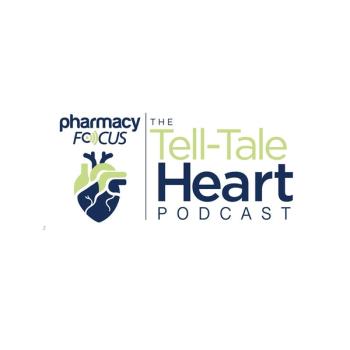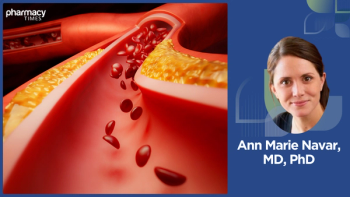
Fat Oxidation Inhibitor, Anti-Androgen Therapy Combination Increases Prostate Cancer Sensitivity
Novel combination may improve treatment options for castration resistant prostate cancer.
A combination treatment was found to increase the sensitivity of castration resistant prostate cancer (
Some prostate cancers evolve to use energy from lipids rather than glucose. Prior research has shown that metabolizing lipids helps prostate cancer build up resistance to anti-androgen therapy. Scientists have been working to break prostate cancer’s ability to harness this energy source.
In a study published in Oncotarget, investigators zeroed in on the CPT1A enzyme, which helps facilitate the entry of long chain fatty acids into the cell’s mitochondria for oxidation. This oxidation is crucial to lipid metabolism, and has been shown to aid cancer cell survival, resistance to radiation, oxidative stress, and activation of oncogenic signaling pathways.
“We had to find a way to block this pathway so that the cancer would not be able to burn lipid in the mitochondria to acquire energy to resist therapy,” said senior author Isabel Schlaepfer, PhD.
In 2006, the FDA approved the fat oxidation inhibitor ranolazine to treat angina. Because of ranolazine’s ability to block the action of CPT1A enzyme, the investigators experimented with fat burning inhibitors and anti-androgens in cancer cell lines.
The results of the study showed that combining ranolazine with anti-androgen therapy increased the tumor’s sensitivity to the anti-androgen drug enzalutamide.
“This finding may have a huge impact on patients with CRPC that had very few options before,” Schlaepfer said. “Since the drugs are clinically safe, a clinical trial can be designed in patients for whom enzalutamide is prescribed.”
Newsletter
Stay informed on drug updates, treatment guidelines, and pharmacy practice trends—subscribe to Pharmacy Times for weekly clinical insights.

































